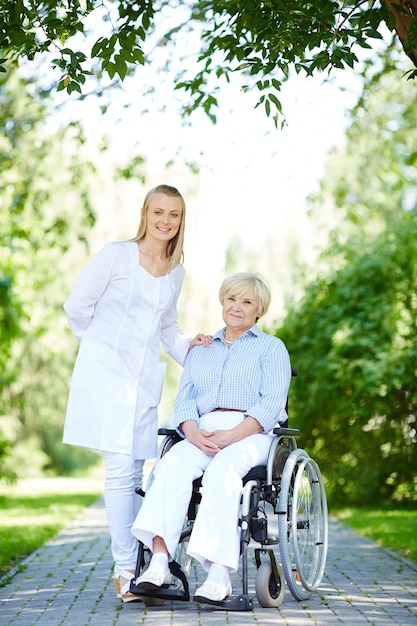Signs of Caregiver Burnout in Philadelphia and Southeastern PA
Posted by PHC | Blog
The tasks of caring for an elderly patient can add up quickly, leaving a caregiver exhausted and stressed out. Even professionals who spend most of the day with a senior with Alzheimer’s or another dementia can experience a certain degree of caregiver burnout. At times, the challenges of that role can be overwhelming.
Because aging involves mental, emotional, and physical changes, being a caregiver can be difficult. In fact, the very nature of caring full-time for someone on a regular basis can lead to frustration. Keeping track of medications and medical appointments, personal hygiene and dieting habits can easily shift a person’s focus away from their own well-being. As you prioritize someone else’s health, you need to stop and examine what’s going on with you.
Here are the most common signs that you’ve reached the end of your rope in your role as a caregiver — and suggestions on what you can do about it.
1. You feel angry one minute, sad and helpless the next. Frequent mood swings are a symptom of second-hand stress or the more serious caregiver burnout. The overwhelming mix of physical and emotional exhaustion strikes many caregivers at one time or another. As you ride the emotional roller coaster of care giving, it’s easy to feel overwhelmed and angry. This can seriously affect other parts of your life and even relationships. Resting and getting enough sleep proves difficult, but if you don’t take time to renew your energy – you will find it more and more difficult to care about the things that used to bring you joy.
2. You’re frequently sick. Stress affects more than your mental and emotional well-being. It takes a toll on your immune system. If you are falling ill more often than usual and take longer to recover, your body is trying to tell you something. It’s time for changes to your routine.
3. You’re agitated and anxious. Feelings of helplessness at work translate to feelings of irritation in your spare time. When you feel helpless and overwhelmed, you’re more likely to overreact to the things people do or say. This is similar to temper tantrums that toddlers throw whenever they’re exhausted, stressed or scared.
If you rarely experience any of these signs, it means you’re doing a good job of balancing your own needs and those of the person in your care. But be on the lookout for overload signs as you continue to provide excellent care.
If these signs are the rule instead of the exception, it’s time to take action. As selfish as it may seem, your own well-being has to be a priority in order to be able to take care of someone else. This doesn’t mean that your needs should always take priority over those of your patient; however, it does mean that you need to do some things differently or you will not be able to continue long in the role of primary caregiver before you wear yourself out.
Your goal as a caregiver is to prioritize to be able to do your work effectively. Believe it or not, there is such a thing as giving too much. Taking the time to recharge your emotional and physical energy regularly, so you’ll have something left to give. This will benefit both you and the person for whom you’re providing care.

